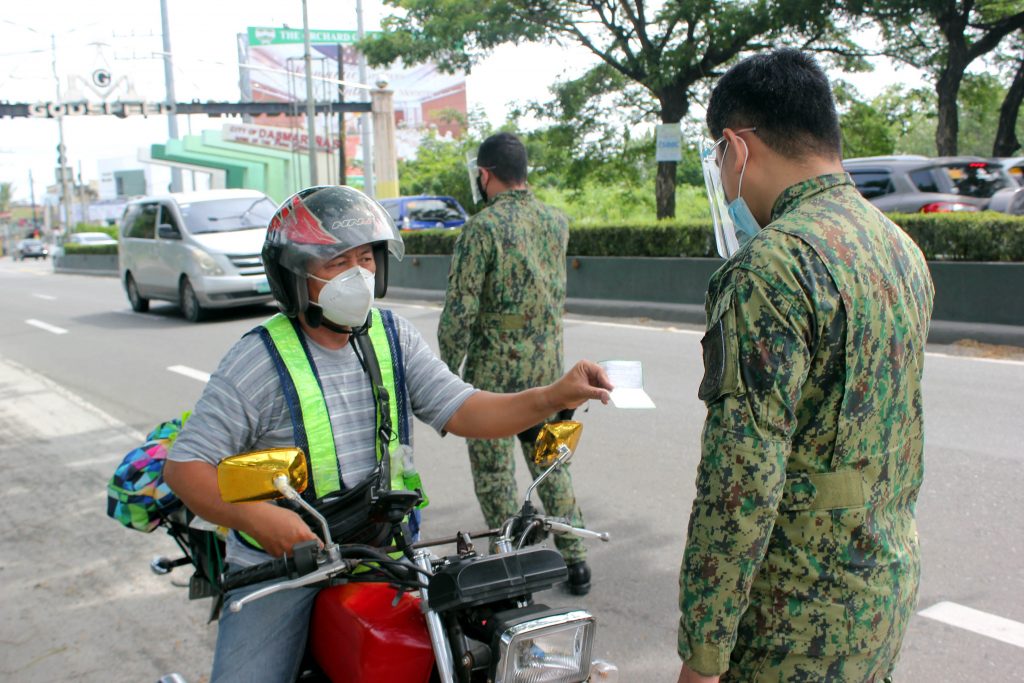News
Review ban on ‘hatid-sundo’ of APORs amid ECQ, CHR tells PNP

MANILA – The Commission on Human Rights (CHR) on Wednesday urged the Philippine National Police (PNP) to review and reconsider a new policy that bans the “hatid-sundo” or the fetching practice for authorized persons outside of residence (APORs).
In a statement, CHR Spokesperson Jacqueline de Guia said on Wednesday that the commission fully understands the reason as to why PNP considered banning these fetching practices during the enforcement of the enhanced community quarantine (ECQ) in Metro Manila as it aims “to manage the surge of infection brought about by the Covid Delta variant.”
“The Commission on Human Rights (CHR) stresses that providing mobility to APORs, while ensuring their health and safety, must always be considered in implementing policies that restrict the movement of the general public,” she said.
De Guia said the front-liners like health workers and essential industry personnel along with other APORs should not be deprived of their rights to access a safe way of commuting.
“It also exposes them to a higher risk of infection as there is no guarantee that there are enough public utility vehicles available during ECQ,” de Guia added.
The issue of alleged abuse of this ‘hatid-sundo’ scheme raised by the authorities, she said, can be addressed by requiring documentary proofs “that the passengers and driver of the vehicle are indeed APORs or authorized persons to fetch APORs.”
“We call on the PNP to review this measure and put into consideration the welfare of our APORs,” de Guia said.
De Guia said the government must recognize the invaluable contributions of the front-liners and continue supporting them in fulfilling their duties amid the pandemic.
In an earlier radio interview, PNP chief Gen. Guillermo Eleazar said fetching and bringing APORs to and from their workplaces and homes would not be allowed during the two-week ECQ in Metro Manila “as it might be used as an excuse” to skip the stay at home protocols.



























